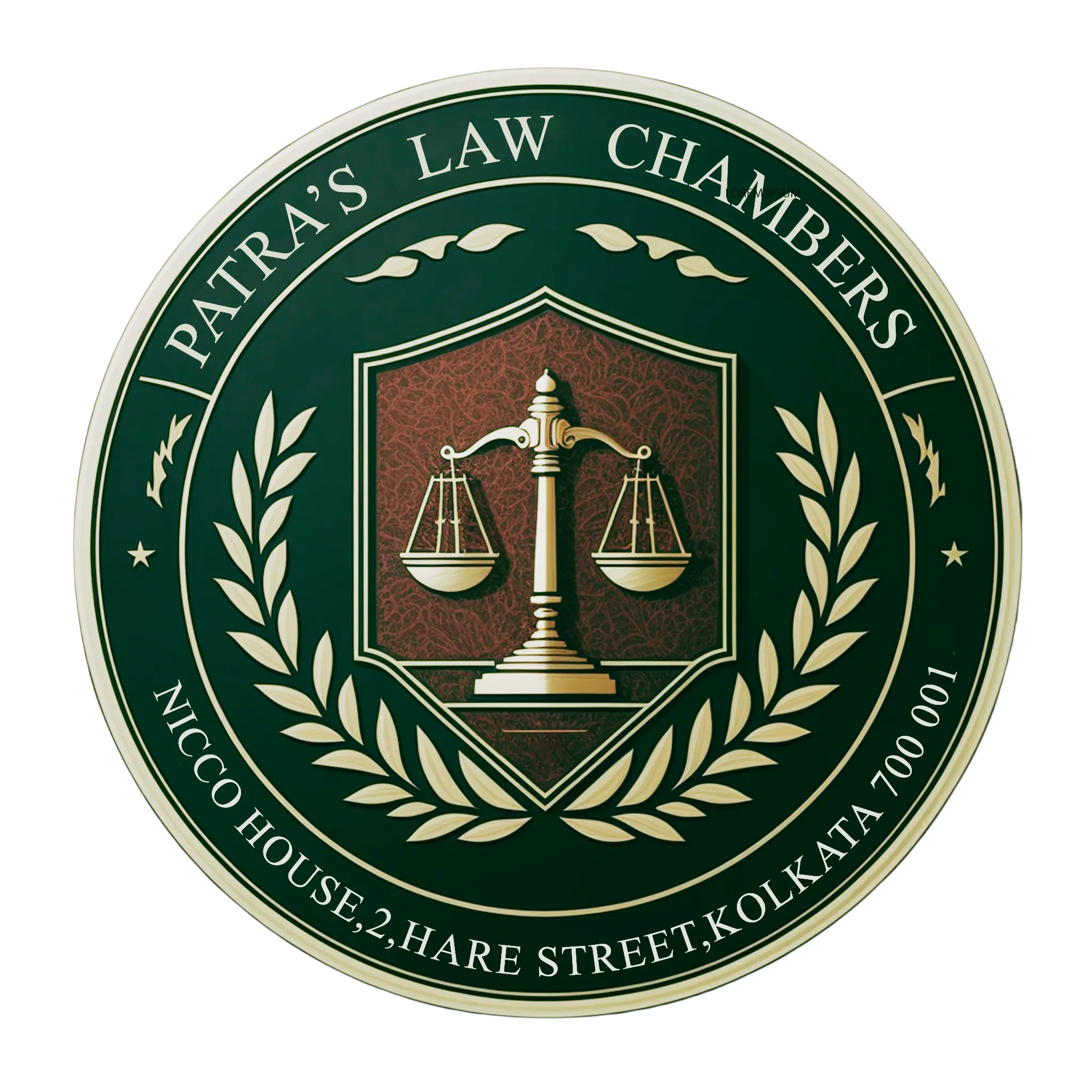1. Supreme Court of India
Before: Justices Abhay S. Oka and Ujjal Bhuyan
Criminal Appeal No. 2281 of 2011, Decided on 15.05.2024
Rajendra S/o Ramdas Kolhe (Appellant)
Versus
State of Maharashtra (Respondent)
The Supreme Court of India has ruled that once a court is satisfied that a dying declaration is true and voluntary, it can base a conviction on it without the need for corroboration.
2. Supreme Court of India
Before: Justices Abhay S. Oka and Ujjal Bhuyan
Criminal Appeal No. 2567 of 2024 with Criminal Appeal No. 2568 of 2024, Decided on 15.05.2024
State of Himachal Pradesh (Appellant)
Versus
Raghubir Singh & Others (Respondents)
The Supreme Court of India has held that in the offence of rape, the absence of injuries on the person of the prosecutrix is not, by itself, a ground to infer consent on her part.
3. Supreme Court of India
Before: Chief Justice Dr. Dhananjaya Y. Chandrachud, Justices J.B. Pardiwala and Manoj Misra
Writ Petition (C) No. 432 of 2023, Decided on 17.05.2024
Ravikumar Dhansukhlal Maheta & Another (Petitioners)
Versus
High Court of Gujarat & Others (Respondents)
- Promotion Policy: No government servant can claim promotion as a right because the Constitution does not specify criteria for filling promotional posts. Courts cannot review promotion policies unless they violate the principle of equal opportunity under Article 16 of the Constitution.
- Merit-cum-Seniority Principle: When promotions are based on the principle of ‘Merit-cum-Seniority,’ greater emphasis is placed on merit. This approach is not mandated by legislation.
- Seniority-cum-Merit Principle: When promotions are based on the principle of ‘Seniority-cum-Merit,’ greater emphasis is placed on seniority. This approach, too, is not mandated by legislation.
4. Supreme Court of India
Before: Justices Hrishikesh Roy and Prashant Kumar Mishra
Civil Appeal No. 5026 of 2023, Decided on 14.05.2024
Bhikchand S/o Dhondiram Mutha (Deceased) Through LRs (Appellant)
Versus
Shamabai Dhanraj Gugale (Deceased) Through LRs (Respondent)
- Estimation of Immovable Property for Auction: When attached immovable property is to be sold in a public auction, its value must be estimated. Either the whole of the attached property or a portion sufficient to satisfy the decree should be sold.
- Court’s Duty in Auction Sales: The court must determine whether selling a part of the attached property would be sufficient to satisfy the decree. Selling the entire attached property can cause significant injustice to the judgment debtor.
- Restitution: Under Section 144 of the CPC, the court can set aside an auction sale and order restitution, placing the parties in the positions they occupied before the execution.
5. Supreme Court of India
Before: Justices Rajesh Bindal and Prasanna Bhalachandra Varale
Civil Appeal No. 1980 of 2024, Decided on 03.05.2024
Mahendra Nath Soral & Another (Appellants)
Versus
Ravindra Nath Soral & Others (Respondents)
Partition of Property: Disputes relating to the partition or division of property among family members, co-parceners, or co-owners should normally be resolved through the Alternative Dispute Resolution (ADR) process.
6. Supreme Court of India
Criminal Appellate Jurisdiction
Criminal Appeal Nos. 2601-2602 of 2024
(Arising out of S.L.P. (Criminal) Nos. 6090-6091 of 2024)
Ajay Ajit Peter Kerkar (Appellant)
Versus
Directorate of Enforcement & Another (Respondents)
Ruling: An accused under the Prevention of Money Laundering Act (PMLA) who has spent half of the maximum sentence as an undertrial can be granted bail under Section 436A of the Criminal Procedure Code (CrPC).
7. Supreme Court of India
Criminal Appellate Jurisdiction
Criminal Appeal No. 2562 of 2024
(Arising out of S.L.P. (Criminal) No. 1735 of 2023)
Pukhraj (Appellant)
Versus
State of Rajasthan (Respondent)
Ruling: Under the NDPS Act, the confiscation of a vehicle cannot be ordered without providing a hearing to its registered owner.

